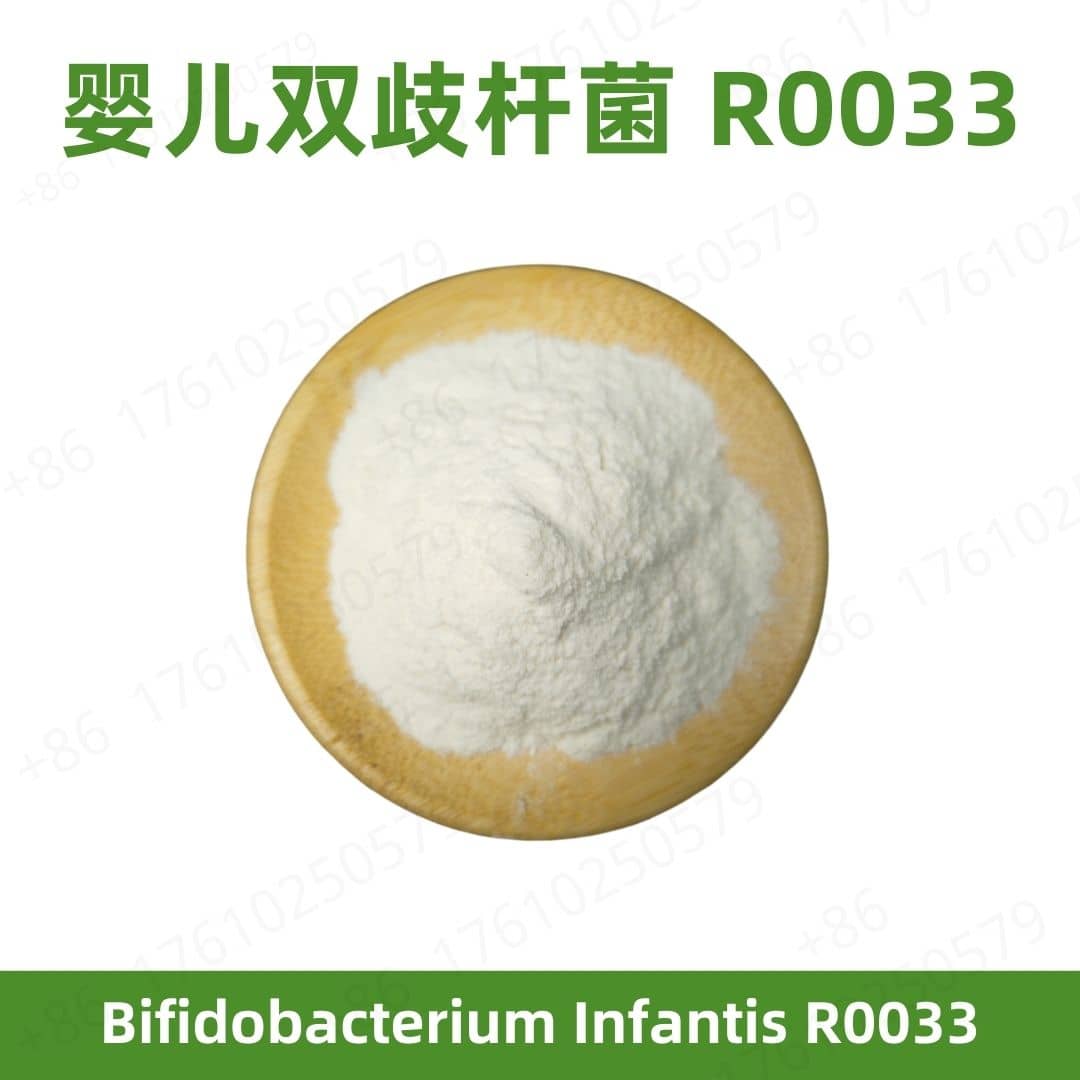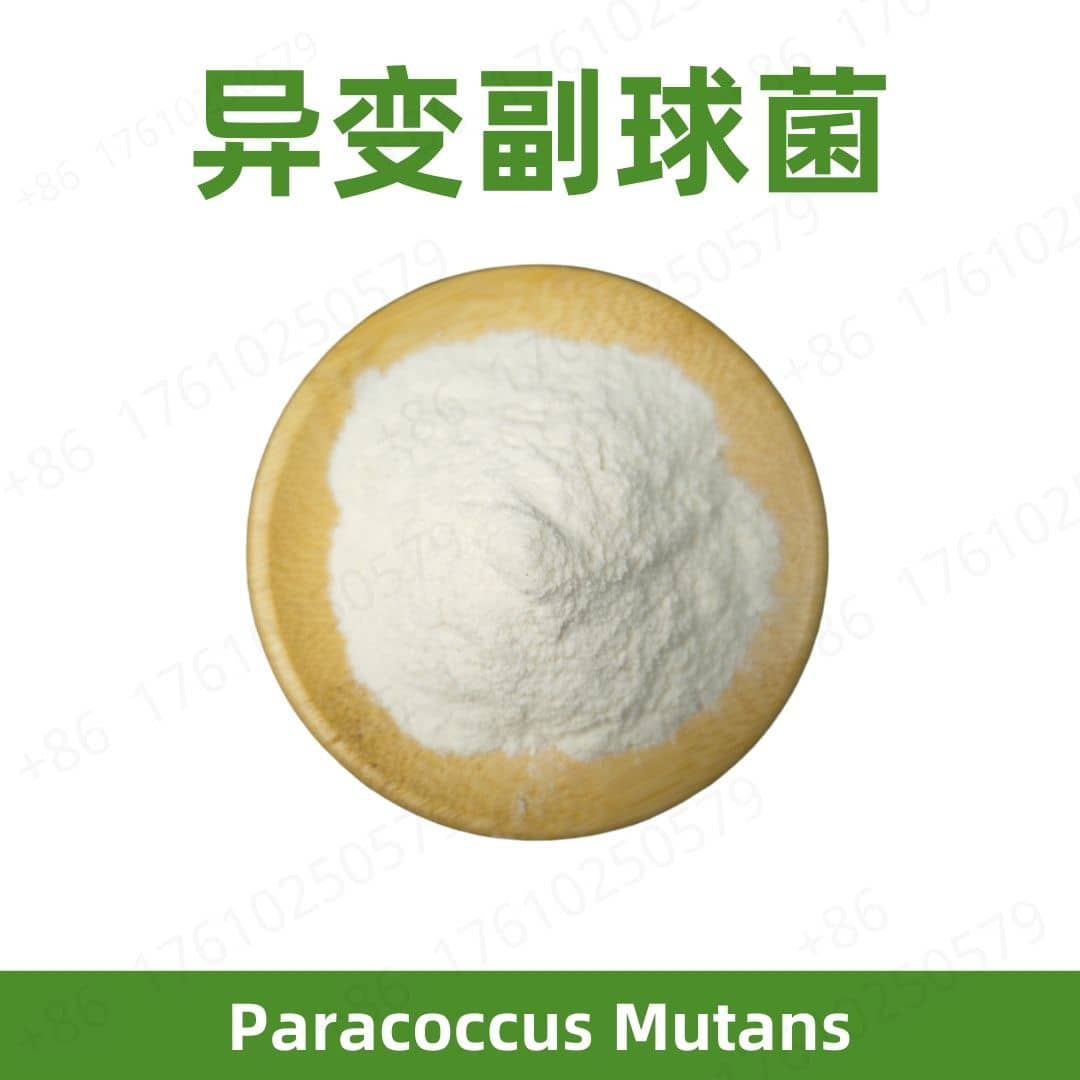Product Introduction
Acetic acid bacteria are a group of bacteria that are known for their ability to convert ethanol into acetic acid through the process of fermentation. These bacteria play a crucial role in the production of various fermented foods, particularly vinegar, and are recognized for their probiotic properties. They belong mainly to the genera Acetobacter and Gluconobacter. These microbes are often used in health supplements to support gut health. Their ability to produce acetic acid not only contributes to food preservation but also imparts unique flavors and health benefits.
Production Process
The production of acetic acid bacteria involves a fermentation process where ethanol is subjected to aerobic conditions. Initially, a sugar source is fermented by yeast to produce alcohol. Once the alcohol is present, acetic acid bacteria are introduced to the environment, where they use oxygen to oxidize the ethanol into acetic acid. This fermentation can occur in various settings, including industrial fermentation tanks or at smaller artisanal levels. The growth conditions are carefully controlled for optimal activity, temperature, and pH levels to ensure an effective fermentation process.
Product Benefits and Functions
Acetic acid bacteria offer numerous benefits for health and wellness. They are known to support gut health by promoting the growth of beneficial gut flora, aiding digestion, and potentially enhancing nutrient absorption. Furthermore, the acetic acid produced has antimicrobial properties, which can help inhibit the growth of harmful bacteria. Additionally, acetic acid has been linked to various health benefits, including potential improvements in blood sugar levels and cholesterol management. These bacteria also contribute to the flavor and preservation of foods, making them valuable in food industries.
Product Application Scenarios
Acetic acid bacteria are commonly used in the food industry, particularly in the production of vinegar, kombucha, and certain dairy products. They can also be found in probiotic supplements aimed at enhancing gut health. In addition, they can be used in home fermentation projects, such as making apple cider vinegar or pickling vegetables. Their metabolic activities are utilized in various industrial applications, where fermentation processes may require the production of acetic acid. Lastly, they have potential applications in agriculture, where they can be incorporated into soil health initiatives.
Packaging and Storage
Storage Conditions: Store in a sealed, light-proof container, away from high temperatures, in a dry, cool, and well-ventilated place.
Packaging: Bulk: 25kg/cardboard drum; Sample: 1kg/aluminum foil bag; Custom packaging available upon request.
Shipping Methods: Options include FedEx, DHL, dedicated logistics, and sea freight consolidation.
Shelf Life: Two years
Monica Sun possesses extensive technical expertise and market insights in the food additives industry. She excels in designing efficient and safe additive formulations tailored to various food applications, ranging from sweeteners to functional dietary fibers. Monica has successfully assisted food manufacturers in optimizing ingredient combinations to enhance product quality and improve consumer satisfaction.

















